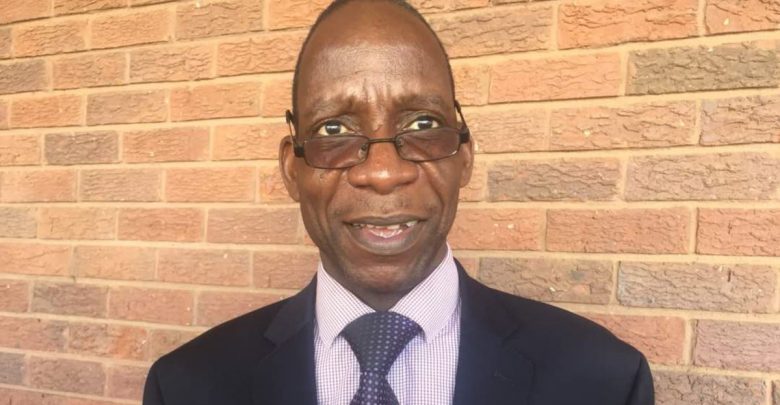The National Constitutional Assembly (NCA) party has suggested that it is advisable for the Zimbabwe Electoral Commission (ZEC) to increase the number of registered voters required to nominate a candidate rather than to charge excessive nominal fees that will prevent individuals from contesting in elections.
This suggestion was made by leader of the NCA, Professor Lovemore Madhuku, at a press briefing Monday condemning the hefty candidate nomination fees recently gazetted by ZEC in Statutory Instrument (SI) 144 of 2022.
SI 144 of 2022 said aspiring candidates for the presidency, parliament, local authority including the Senate will pay US$20 000, US$1 000 and US$200 respectively.
But Prof Madhuku said these fees were undemocratic as they limited candidates instead ZEC could consider increasing the number of registered persons or nominators in a province, constituency and ward that nominated candidates for an election.
“We were actually anticipating that there would be many candidates and we believe that we can have a booklet of ballot papers of presidential candidates. Any Zimbabwean who wants to stand as a candidate must be allowed. The only thing we think could be discussed is that you increase the number of nominators, which is not given here as an option,” he said.
“Either you have money, which is nominal or reasonable or as an option (ZEC says) show us your support.”
According to ZEC, a presidential candidate must be nominated by at least 10 registered voters from each of Zimbabwe’s 10 provinces.
An aspiring member of parliament must be nominated by at least five registered voters from the contested constituency and an aspiring councillor must also be nominated by at least five registered voters within the ward contested.
“If I’m able to raise a particular number of thousands of nominators that should be enough for me to participate in an election without paying any money,” said Prof Madhuku who pointed out this was a better alternative than charging hefty fees for candidates.
“So, this whole requirement of money (falls off) because that requirement of money will not necessarily support the election…so the purpose of the whole thing is just to take out people.”
The NCA leader acknowledged some Zimbabweans were saying these new fees would weed out chancers who wanted to contest in elections but argued such sentiments were mistaken.
“There is no such thing as a chancer. Once you give a person a right in the constitution, it is their decision to exercise it or not,” Prof Madhuku said.
“Why are you irritated by some Zimbabweans who want to exercise their right? That attitude is very dangerous for a democratic society. Citizens must not say we are tired and people are wasting time. You can choose your own person but we can’t have a country where we say we will limit candidates.”
Prof Madhuku castigated ZEC for not understanding what a nomination fee is all about, describing that as incompetence.
“It’s not about paying your way to be a candidate, it is nominal so let citizens exercise their right,” he said.
“Rates must remain where they were before: US$1 000 for presidential candidates, US$50 for MPs and no requirement for councillors. What we can debate is increasing the number of nominators. That’s how free it is.”
He added: “If I want to be president, say I must have 1 000 nominators from each province. I will understand and that is what we can concentrate on. I will urge that to be a solution, if they (ZEC) want to remove chancers. If the so-called chancers get 1 000 nominators, I cease to be a chancer because I have people who are saying they want me to be a candidate.”
The NCA leader underlined that by charging ‘excessive’ fees, ZEC is mistaken and must take responsibility.
“ZEC must understand they don’t have powers to go that far. They must remain outside controversy. If ZEC does not agree with us and wants to persist, they would have ceased to be an independent electoral body but become a political player. How do you go to an election with such a controversy when the majority of political players are saying that kind of decision is wrong and ridiculous but you say, ‘we are right,’” Prof Madhuku quizzed.
“Once you start debating with us, on a law you have made yourself then you are a political player. It is very different from a ZEC that says, ‘I am implementing a law made by Parliament.’”

